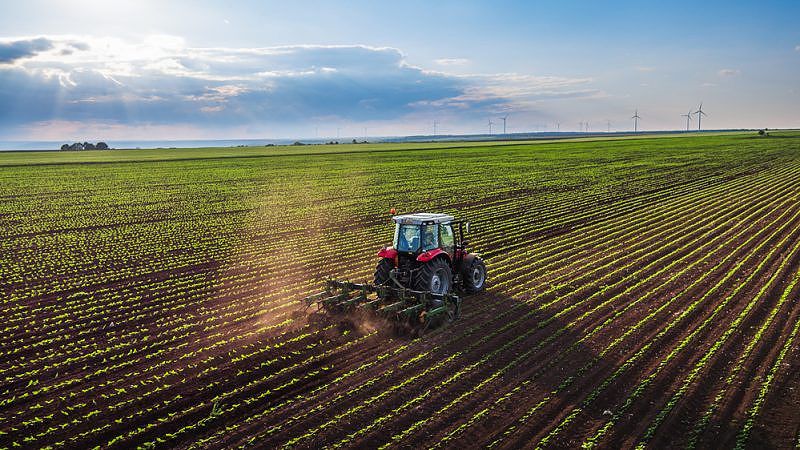The recent COP28 UN climate summit in Dubai highlighted the importance of farming and nature restoration in safeguarding our environment. Explore a local project in Norfolk, England, where farmers are actively working towards restoring their farmland and supporting biodiversity.
The Importance of Nature Restoration in Farming
The recent COP28 UN climate summit in Dubai highlighted the importance of farming and nature restoration in safeguarding our environment. Experts argue that agrifood systems play a central role in limiting global temperature rises, as highlighted by the United Nations Food and Agriculture Organization (FAO).

( Credit to: Euractiv )
The focus on farming and nature restoration at the COP28 summit underscores the need to integrate sustainable practices into agrifood systems. This article explores a local project in Norfolk, England, where farmers are actively working towards restoring their farmland and supporting biodiversity.
Restoring Farmland in Norfolk
In Norfolk, England, a group of farmers has come together under the Wendling Beck Environment Project (WBEP) to restore their farmland and promote biodiversity. Led by Glenn Anderson, the WBEP aims to build environmental and financial resilience for farmers while maintaining food production.
The project, supported by local organizations such as the Norfolk Wildlife Trust and Norfolk County Council, has already restored 220 acres of tilled land to heath, grassland, and wetlands.
Working with Nature for Sustainable Agriculture
The Wendling Beck project is an inspiring example of farmers and landowners recognizing the opportunities for investing in nature restoration measures. By restoring their land, they not only make it more resilient to climate change but also benefit from new policy signals that reward such investments.
Technical advice from The Nature Conservancy (TNC), an environmental non-profit organization, has been instrumental in guiding the restoration efforts. The project aims to strike a balance between farming practices and nature, working with the land rather than against it.
Biodiversity Net Gain for Sustainable Development
Under the UK’s 2021 Environment Act, farmers are required to comply with Biodiversity Net Gain (BNG) requirements. This policy ensures that developments on the land have a measurable positive impact on biodiversity compared to the pre-existing conditions.
The Wendling Beck project aligns with the European Green Deal’s objectives, which prioritize environmental protection and sustainable food systems. It sets an example for other EU members to explore innovative biodiversity financing mechanisms.
Benefits for Farmers and Communities
Implementing a nature-based model brings numerous benefits for farmers. By rebalancing soils and reducing reliance on expensive pesticides and fertilizers, farmers can improve their profitability. Although yields may initially decrease, the overall profits are likely to increase.
This shift can also alleviate the financial burden on farmers, who have been facing rising input costs due to factors such as fuel price hikes and fertilizer supply disruptions.
Investing in nature restoration not only benefits the environment but also offers long-term financial and ecological resilience for farmers and communities alike.
